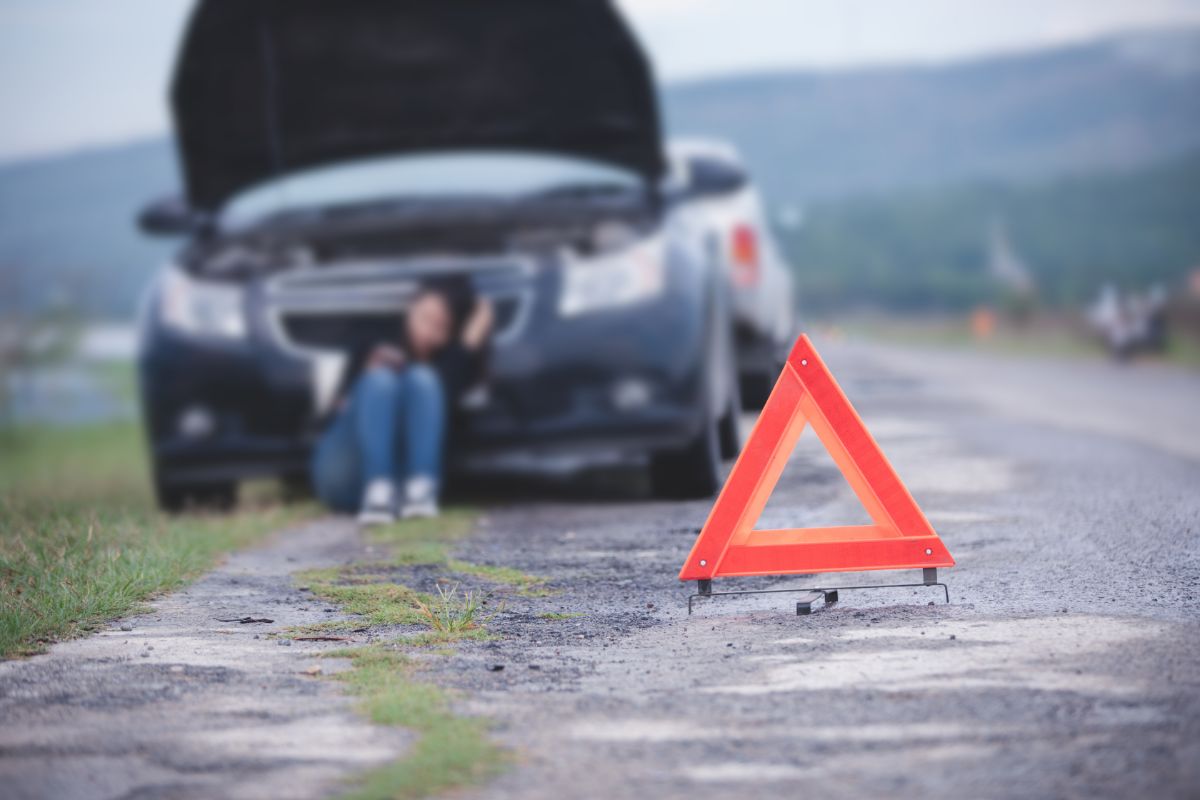 Traveling during the holiday season is often a blend of excitement and anxiety. With family reunions, festive gatherings, and the anticipation of creating lasting memories, it’s easy to overlook the potential risks of holiday travel. However, proper preparation can significantly mitigate these risks, ensuring your journey is enjoyable and safe. Below are comprehensive strategies to help you navigate holiday travel with confidence.
Traveling during the holiday season is often a blend of excitement and anxiety. With family reunions, festive gatherings, and the anticipation of creating lasting memories, it’s easy to overlook the potential risks of holiday travel. However, proper preparation can significantly mitigate these risks, ensuring your journey is enjoyable and safe. Below are comprehensive strategies to help you navigate holiday travel with confidence.
Planning Ahead: The Key to Safe Travels
Before you set off, invest time in researching your destination. Understanding local customs and regulations can make a significant difference in your experience. Websites like the U.S. Department of State provide crucial travel advisories highlighting safety concerns, health warnings, and entry requirements. For instance, if traveling internationally, be aware of any vaccination requirements or local laws that could affect your trip.
Weather Considerations
Weather conditions can change rapidly during the holiday season. Utilize reliable weather apps or websites that offer real-time updates and alerts. Consider adjusting your travel dates or routes if you anticipate severe weather—such as snowstorms or heavy rain. For example, if traveling through mountainous regions, ensure your vehicle has winter tires and chains.
Vehicle Preparedness
 A thorough vehicle inspection is essential for safe travel. Check your tire pressure and tread depth; under-inflated tires can decrease fuel efficiency and handling. Ensure your brakes are responsive and all lights function correctly to enhance visibility in low-light conditions. Additionally, verify fluid levels—engine oil, coolant, brake fluid, and windshield washer fluid—to prevent mechanical failures on the road.
A thorough vehicle inspection is essential for safe travel. Check your tire pressure and tread depth; under-inflated tires can decrease fuel efficiency and handling. Ensure your brakes are responsive and all lights function correctly to enhance visibility in low-light conditions. Additionally, verify fluid levels—engine oil, coolant, brake fluid, and windshield washer fluid—to prevent mechanical failures on the road.
Emergency Kit Essentials
An emergency kit is a must-have for any road trip. Your kit should include:
- First Aid Supplies: Band-aids, antiseptic wipes, gauze pads.
- Tools: A flashlight with extra batteries, jumper cables, and basic tools.
- Survival Gear: Blankets, non-perishable food items (like energy bars), and bottled water.
- Roadside Assistance Information: Keep contact details for your roadside assistance provider handy.
Navigating Increased Traffic
Traffic congestion peaks during the holidays, so timing your departure can be crucial. Aim to travel during off-peak hours—early morning or late evening—to avoid heavy traffic. Use navigation apps like Google Maps or Waze, which provide real-time traffic updates and suggest alternative routes to bypass congestion.
Driving Safely in Crowded Conditions
Increased traffic demands heightened awareness. Maintain a safe following distance (at least three seconds behind the vehicle in front of you) to allow ample reaction time in case of sudden stops. Stay alert for pedestrians and cyclists, which may be more prevalent during festive seasons.
Staying Healthy on the Go
 A health kit is essential for maintaining well-being while traveling. Include hand sanitizers (with at least 60% alcohol), masks (especially if you’re using public transport), vitamins (like Vitamin C), and any prescription medications you may need. Consider packing a digital thermometer as well; monitoring your health can help you respond quickly if symptoms arise.
A health kit is essential for maintaining well-being while traveling. Include hand sanitizers (with at least 60% alcohol), masks (especially if you’re using public transport), vitamins (like Vitamin C), and any prescription medications you may need. Consider packing a digital thermometer as well; monitoring your health can help you respond quickly if symptoms arise.
Nutrition and Hydration
Travel often disrupts routines; however, maintaining a balanced diet is vital for sustaining energy levels. Pack healthy snacks such as nuts, fruits, or granola bars instead of relying on fast food options. Staying hydrated is equally important; aim to drink water regularly to combat fatigue.
Protecting Your Valuables
When packing for your trip, use luggage with secure zippers and locks for added security. Keep valuables—such as passports, electronics, and cash—in a money belt or hidden pouch close to your body while traveling.
Digital Security Measures
In today’s digital age, protecting your information is critical. Make digital backups of important documents by scanning them into a secure cloud service or emailing them yourself. This precaution ensures you have access to essential information should anything go missing.
Handling Emergencies on the Road
 In the unfortunate event of an accident:
In the unfortunate event of an accident:
- Remain calm and assess the situation carefully.
- Move vehicles out of traffic if it’s safe, but avoid admitting fault at the scene; this could complicate insurance claims later on.
- Document the incident thoroughly by taking photos of all vehicles involved and gathering witness information for insurance purposes.
Emergency Contacts
Before departing, compile a list of local emergency numbers—police departments, hospitals, roadside assistance services—specific to your destination. Having this information readily available can save valuable time in critical situations.
Prioritize Safety This Holiday Season
As you embark on your holiday travels, remember that preparation is key to ensuring a smooth journey filled with joy rather than stress. By following these comprehensive strategies—from planning to handling emergencies—you can significantly enhance your safety on the road.
If you face unexpected challenges during your travels that result in personal injury due to someone else’s negligence, don’t hesitate to seek help from an experienced Arizona personal injury attorney at AZ Legal. Their dedicated team will guide you through every step of the legal process so you can focus on recovery while they fight for the compensation you deserve.





